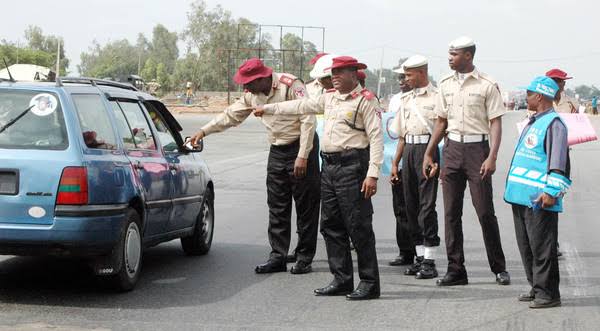The Nigerian Court of Appeal, sitting in Owerri, Imo State, has ruled that the Federal Road Safety Corps (FRSC) lacks legal authority to seize drivers’ licences, vehicles, or related documents without valid court orders. Issued in Appeal No. CA/OW/199/2022, the judgment upheld a previous ruling by the Abia State High Court, which found such seizures to violate constitutional fundamental rights.

Case Background
The appeal stemmed from a 2020 incident during Nigeria’s COVID‑19 lockdown. Dr. Emmanuel Ugochukwu Shebbs was stopped by FRSC officers along Bende Road in Umuahia. Despite possessing all required documents and safety equipment, he alleged the officers demanded a bribe. Upon his refusal, they accused him of a fabricated tyre offence, confiscated his licence, issued a ₦3,000 fine, and searched his vehicle thoroughly.

Judicial Journey
Dr. Ugochukwu took the matter to the Abia State High Court, which ruled in his favour on March 15, 2022. That court awarded him ₦30 million in general and exemplary damages for the infringement of his rights. FRSC appealed the ruling, seeking to overturn the judgment.
On June 27, 2025, the appellate panel—Justices Amina Audi Wambai, M. Lawal Abubakar, and Ntong F. Ntong—delivered a unanimous decision. They affirmed that FRSC officials acted beyond their legal mandate and had violated the respondent’s fundamental rights. However, they reduced the compensation from ₦30 million to ₦10 million.

Court’s Decision
The Court upheld the lower court’s determination that:
The FRSC lacked the power to confiscate licences or vehicles absent lawful justification or a court order.
Its action constituted a breach of constitutional rights.
The damages awarded should be lowered to ₦10 million, to cover general and exemplary relief.

Broader Legal Context
This decision aligns with a similar ruling issued in January by a Federal High Court in Lagos, which restrained the FRSC from impounding vehicles for faded number plates and prohibited the imposition of fines in such cases.

What This Means
Legal Precedent: The ruling sets a significant precedent limiting FRSC’s regulatory reach—seizures of private property must now be backed by court orders or legislated authority.
Drivers’ Rights Reinforced: Nigerian motorists are now legally protected against arbitrary enforcement tactics by FRSC.
Compensation Validated—but Limited: Though the appellate court validated the award, it significantly reduced the amount, suggesting judicial caution in damages quantum.




